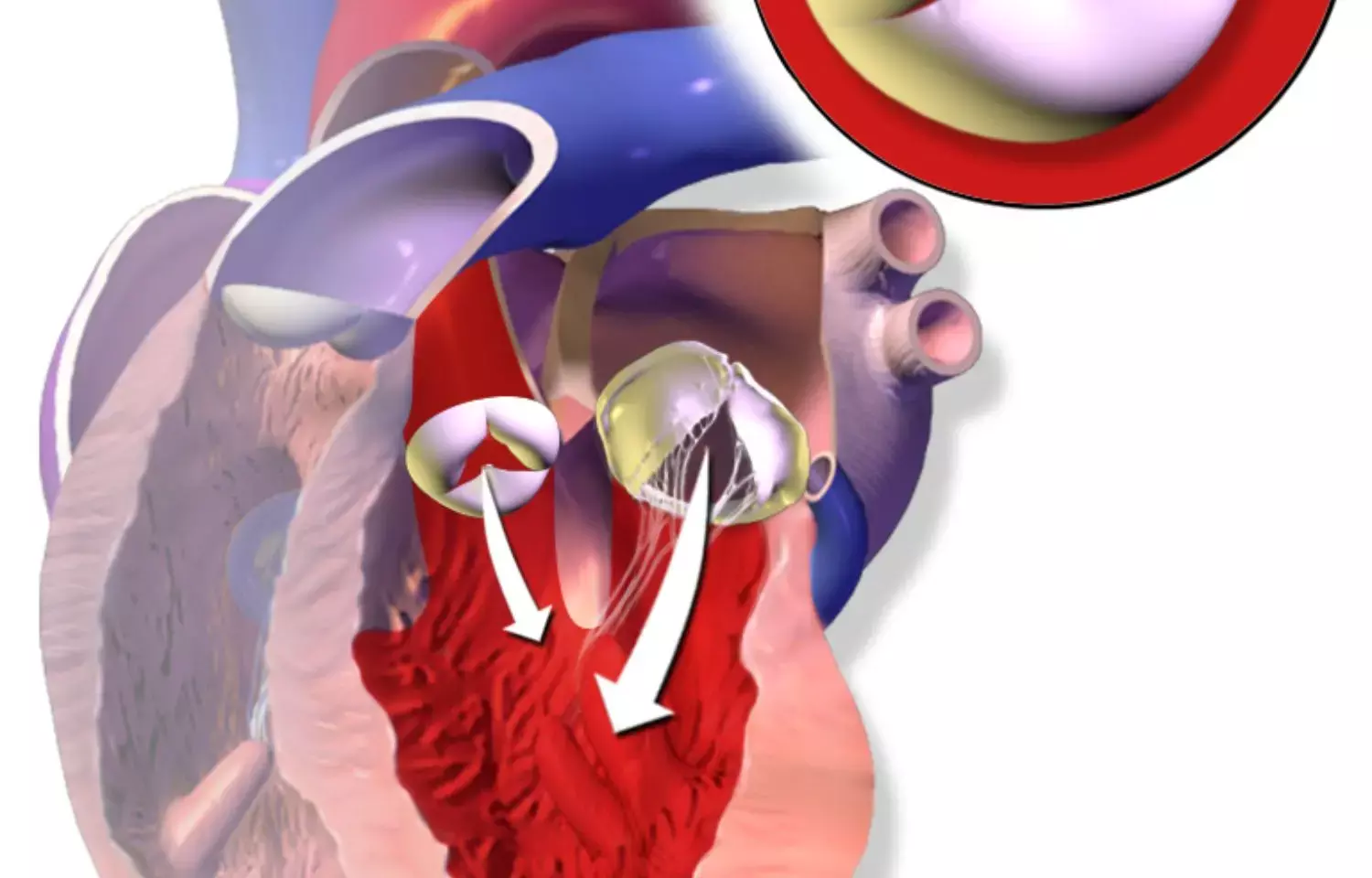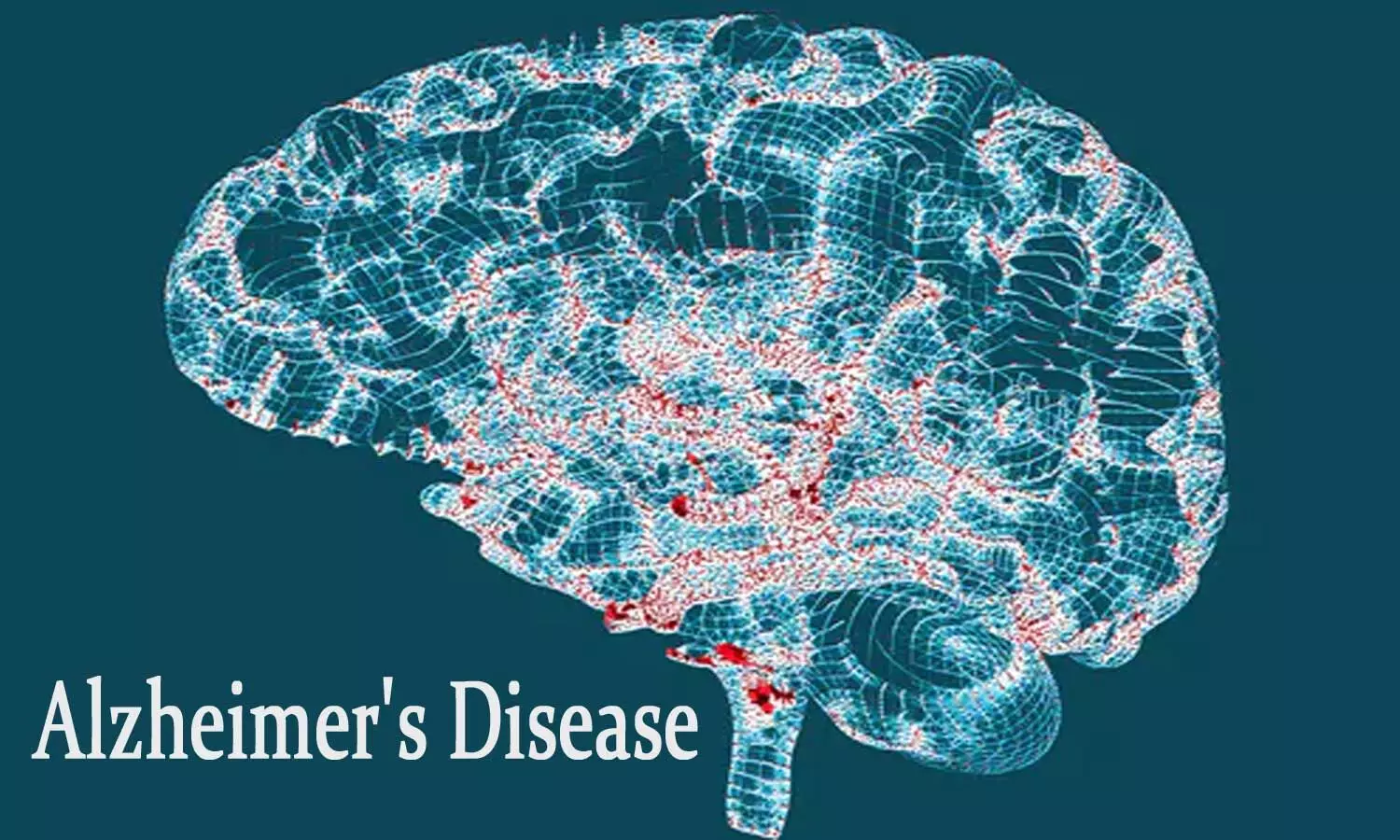- Home
- Medical news & Guidelines
- Anesthesiology
- Cardiology and CTVS
- Critical Care
- Dentistry
- Dermatology
- Diabetes and Endocrinology
- ENT
- Gastroenterology
- Medicine
- Nephrology
- Neurology
- Obstretics-Gynaecology
- Oncology
- Ophthalmology
- Orthopaedics
- Pediatrics-Neonatology
- Psychiatry
- Pulmonology
- Radiology
- Surgery
- Urology
- Laboratory Medicine
- Diet
- Nursing
- Paramedical
- Physiotherapy
- Health news
- Fact Check
- Bone Health Fact Check
- Brain Health Fact Check
- Cancer Related Fact Check
- Child Care Fact Check
- Dental and oral health fact check
- Diabetes and metabolic health fact check
- Diet and Nutrition Fact Check
- Eye and ENT Care Fact Check
- Fitness fact check
- Gut health fact check
- Heart health fact check
- Kidney health fact check
- Medical education fact check
- Men's health fact check
- Respiratory fact check
- Skin and hair care fact check
- Vaccine and Immunization fact check
- Women's health fact check
- AYUSH
- State News
- Andaman and Nicobar Islands
- Andhra Pradesh
- Arunachal Pradesh
- Assam
- Bihar
- Chandigarh
- Chattisgarh
- Dadra and Nagar Haveli
- Daman and Diu
- Delhi
- Goa
- Gujarat
- Haryana
- Himachal Pradesh
- Jammu & Kashmir
- Jharkhand
- Karnataka
- Kerala
- Ladakh
- Lakshadweep
- Madhya Pradesh
- Maharashtra
- Manipur
- Meghalaya
- Mizoram
- Nagaland
- Odisha
- Puducherry
- Punjab
- Rajasthan
- Sikkim
- Tamil Nadu
- Telangana
- Tripura
- Uttar Pradesh
- Uttrakhand
- West Bengal
- Medical Education
- Industry
Prothrombin complex conc. overscores plasma for Post-cardiopulmonary bypass coagulopathy and bleeding

Prothrombin complex concentrate (PCC) is safe and efficacious to use over plasma in Post-cardiopulmonary bypass (CPB) coagulopathy and bleeding cases as per a recent study that was published in JAMA Surgery. There were fewer posttreatment intraoperative RBC transfusions, improved PT/INR correction, and a higher likelihood to avoid allogeneic transfusion in patients receiving PCCs.
The most common reasons for blood product transfusion in surgical practices is the Post–cardiopulmonary bypass (CPB) coagulopathy and bleeding. Present retrospective data show lower rates of transfusions and also blood loss in patients receiving prothrombin complex concentrate (PCC) compared with plasma after cardiac surgery. Hence, researchers conducted a study to analyze perioperative bleeding and transfusion outcomes in patients undergoing cardiac surgery who develop microvascular bleeding and receive treatment with either PCC or plasma.
A single-institution, prospective, randomized clinical trial was performed at a high-volume cardiac surgical center on patients who were aged 18 years or older and undergoing cardiac surgery with CPB. Patients undergoing complex cardiac surgical procedures like aortic replacement surgery, multiple procedures, or repeated sternotomy were given priority enrollment. During the study period, 756 patients were approached for enrollment, and 553 patients were randomized, and 100 patients met the criteria for study intervention. Patients with excessive microvascular bleeding, a prothrombin time (PT) greater than 16.6 seconds, and an international normalized ratio (INR) greater than 1.6 were randomized to receive treatment with either PCC or plasma. The PCC dose was 15 IU/kg or the closest standardized dose, and the plasma dose was a suggested volume of 10 to 15 mL/kg rounded to the nearest unit.
Postoperative bleeding from the initial postsurgical intensive care unit admission through midnight on postoperative day 1 as measured by chest tube output was the primary outcome of the measurement. Secondary outcomes were PT/INR, rates of intraoperative red blood cell (RBC) transfusion after treatment, avoidance of allogeneic transfusion from the intraoperative period to the end of postoperative day 1, postoperative bleeding, and any other adverse events.
Results:
- One hundred patients with a mean [SD] age of 66.8 [13.7] years participated in the study, of which 61 were males.
- Among the total 100, there were 1 Black, 1 Hispanic, and 98 White.
- Out of the 100 participants 49 received plasma and 51 received PCC.
- There was no significant difference in chest tube output between the plasma and PCC groups.
- After treatment, patients in the PCC arm had a greater improvement in PT (effect estimate, −1.37 seconds) and INR (effect estimate, −0.12).
- Fewer patients in the PCC group required intraoperative RBC transfusion after treatment ([13.7%] vs [30.6%]).
- Total intraoperative transfusion rates were not significantly different between groups.
- Seven of 51 patients receiving PCCs avoided allogeneic transfusion from the intraoperative period to the end of postoperative day 1 vs none of those receiving plasma.
- There were no significant differences in postoperative bleeding, transfusions, or adverse events.
Thus, the researchers concluded from the study that prothrombin complex concentrate showed overall safety and efficacy profile over plasma in the present clinical context.
To read the full article, click here: 10.1001/jamasurg.2022.2235
Smith MM, Schroeder DR, Nelson JA, et al. Prothrombin Complex Concentrate vs Plasma for Post-Cardiopulmonary Bypass Coagulopathy and Bleeding: A Randomized Clinical Trial. JAMA Surg. 2022;157(9):757-764.
BDS, MDS
Dr.Niharika Harsha B (BDS,MDS) completed her BDS from Govt Dental College, Hyderabad and MDS from Dr.NTR University of health sciences(Now Kaloji Rao University). She has 4 years of private dental practice and worked for 2 years as Consultant Oral Radiologist at a Dental Imaging Centre in Hyderabad. She worked as Research Assistant and scientific writer in the development of Oral Anti cancer screening device with her seniors. She has a deep intriguing wish in writing highly engaging, captivating and informative medical content for a wider audience. She can be contacted at editorial@medicaldialogues.in.
Dr Kamal Kant Kohli-MBBS, DTCD- a chest specialist with more than 30 years of practice and a flair for writing clinical articles, Dr Kamal Kant Kohli joined Medical Dialogues as a Chief Editor of Medical News. Besides writing articles, as an editor, he proofreads and verifies all the medical content published on Medical Dialogues including those coming from journals, studies,medical conferences,guidelines etc. Email: drkohli@medicaldialogues.in. Contact no. 011-43720751




